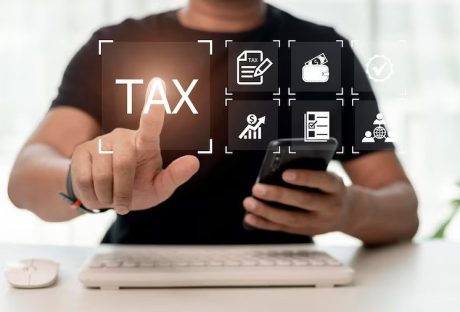This is a question that many Australian citizens are asking, and for good reason, as one’s credit score can seriously hinder a mortgage application or a business startup. Before we go into detail about the impact of these forms of debt on a person’s credit score, let’s define both revolving debt and installment debt.
Revolving Debt:
With a revolving debt, you borrow against an agreed limit of credit, much like a credit card, and as payments are made every month, the debt revolves and continues until such time as either the lender puts a halt on the line of credit, or borrower settles up and no longer uses the credit facilities. For some people, the credit card loop is extremely difficult to stop, as all a person’s salary goes on the card repayment, thus leaving the person with little choice but to continue to use the card until the next salary date, and the cycle continues. If the debt builds up, compound interest takes hold and the debt grows, with the borrower paying accruing interest over an indefinite period, and rather than continuing to use the line of credit.
How Revolving Debt Can Impact Your Credit Score:
Lenders look at revolving debt to be a strong indicator of the risk and your credit utilization is calculated by totaling the amount outstanding on all credit cards, against your overall credit milt. If your outgoings are high, there is less chance of obtaining another loan, at least until you have cleared one or two.
Installment Debt:
This is when you borrow a sum of money with an agreed monthly payment for the duration of the loan agreement, and unlike a credit card, you cannot reborrow, rather you must complete the scheduled payments on time until the loan has been paid off in full. Missing payments will result in extra interest charged and if a person has two or three loans to repay, this could lead to problems in the future, which is when many people look to debt consolidation as a way to clear all outstanding debts, leaving you with a single monthly payment to make. There are online lenders who specialize in bad credit personal loans, especially if the borrower wishes to consolidate their outstanding debts by taking out a debt consolidation package.
Installment Debt and your Credit Score:
Installment debt is viewed by the lender as less of a risk than revolving debt, mainly because the installment loan is secured against an asset. Another factor that influences the lender is the fact that an installment loan is not ongoing, which means there is less of a risk in defaulting on the loan.
If you would like to explore the potential that debt consolidation offers, an online search is all it takes to make contact with the right loan provider who can tailor the package to suit your lifestyle. The expert can inform you of several ways to improve your credit score, thus increasing your chances of approval.
Read Also:























